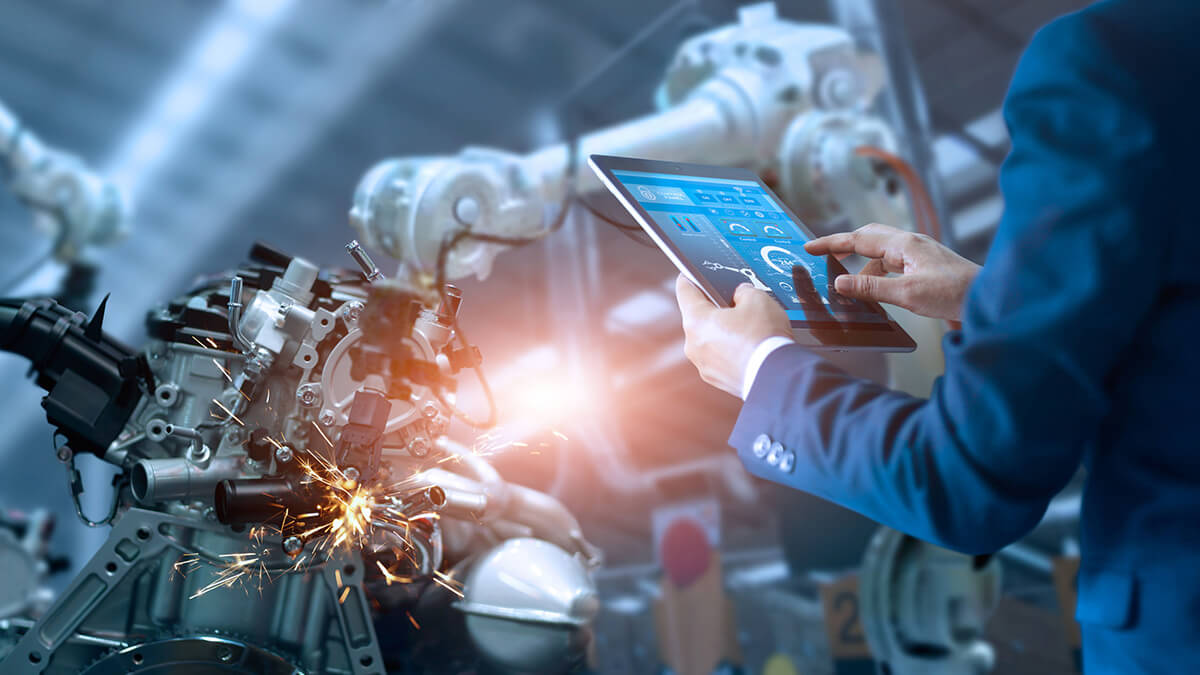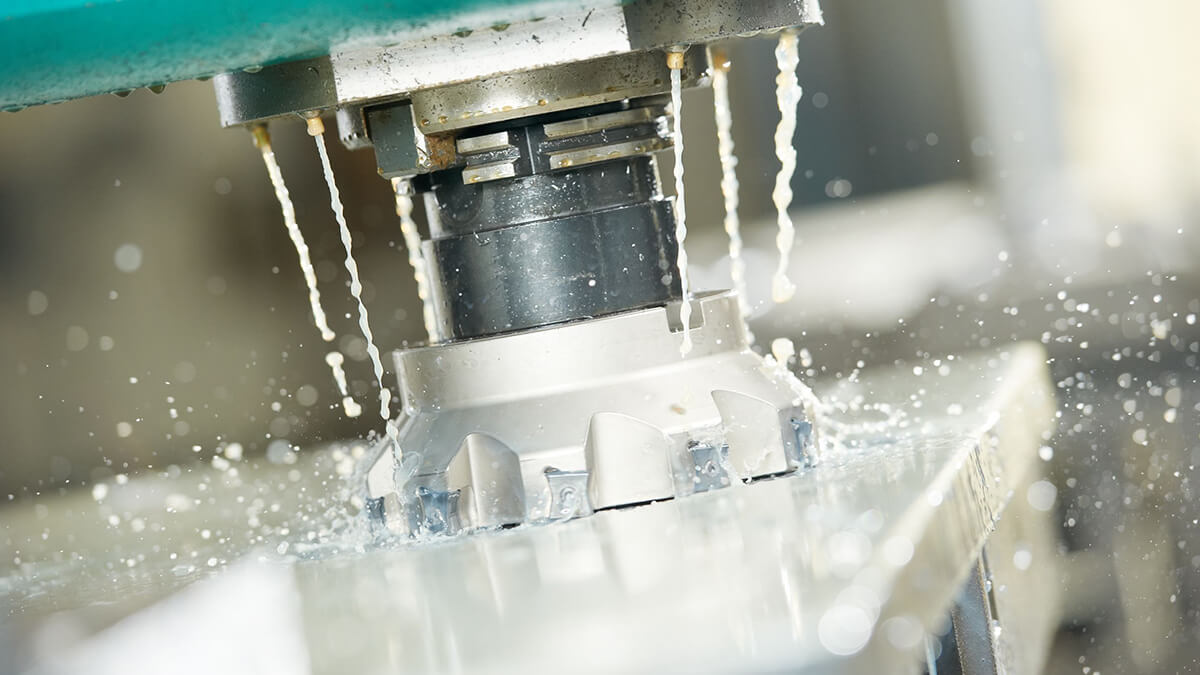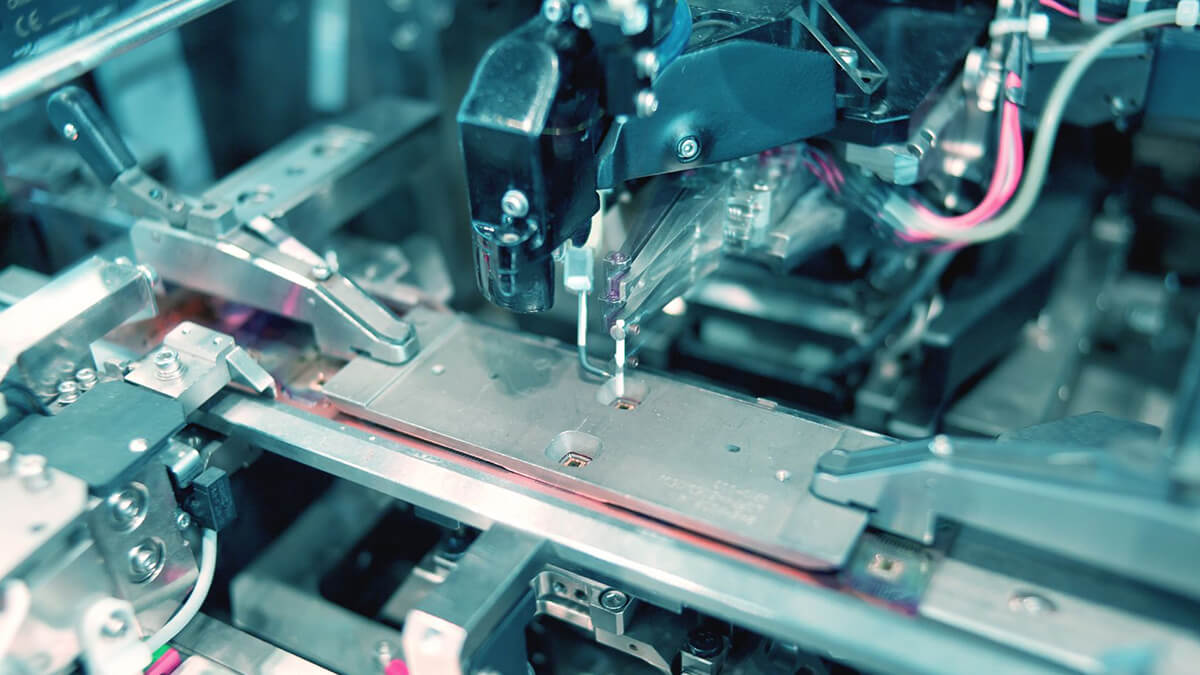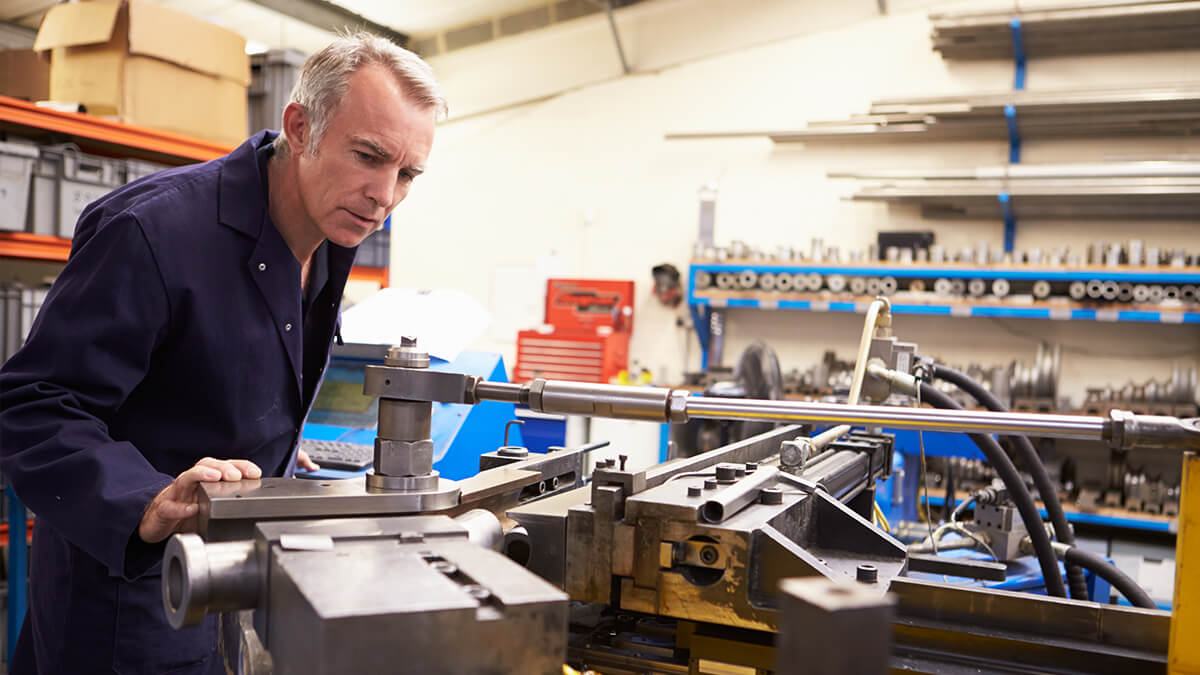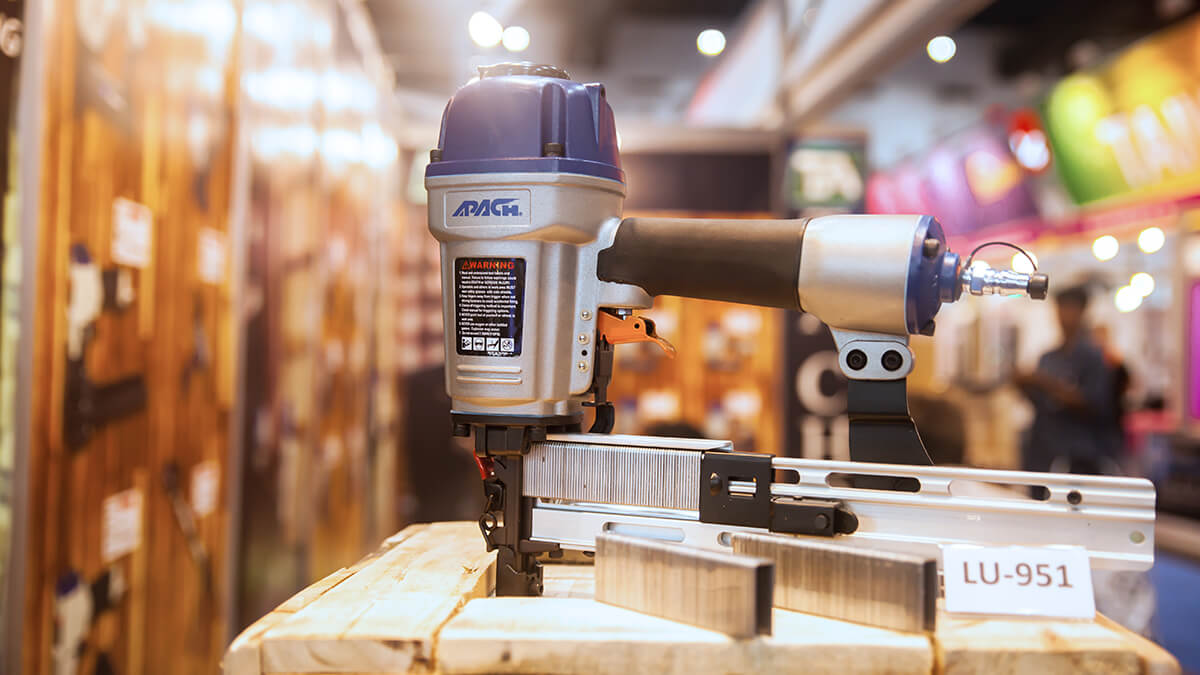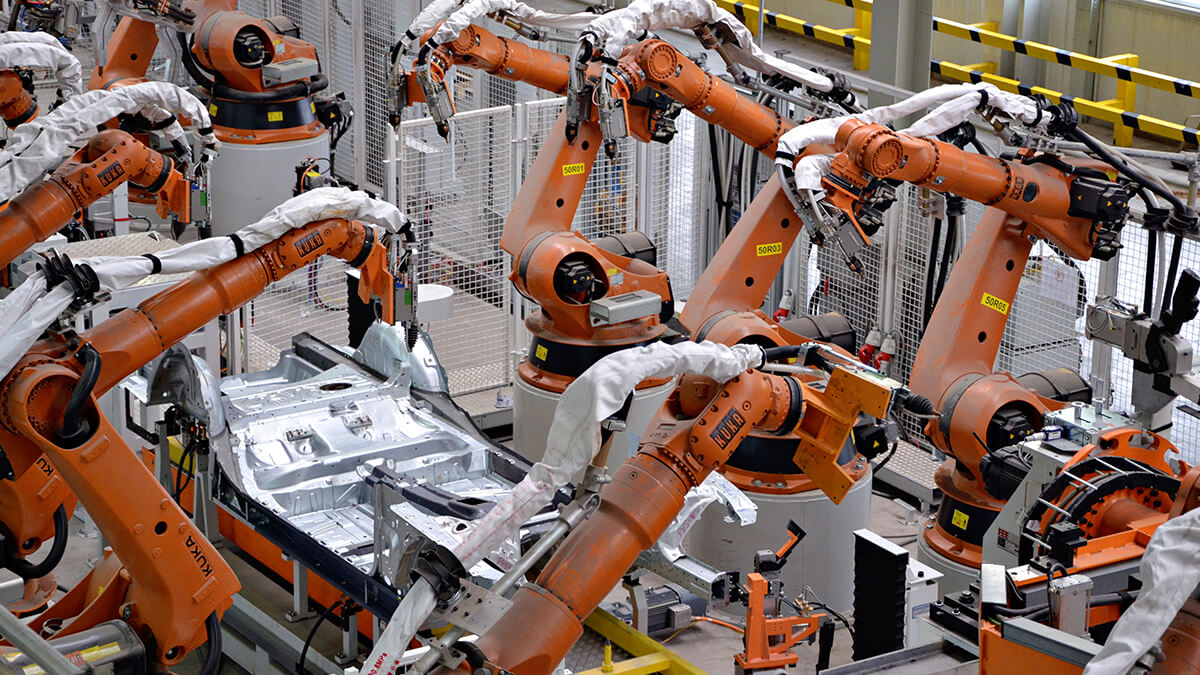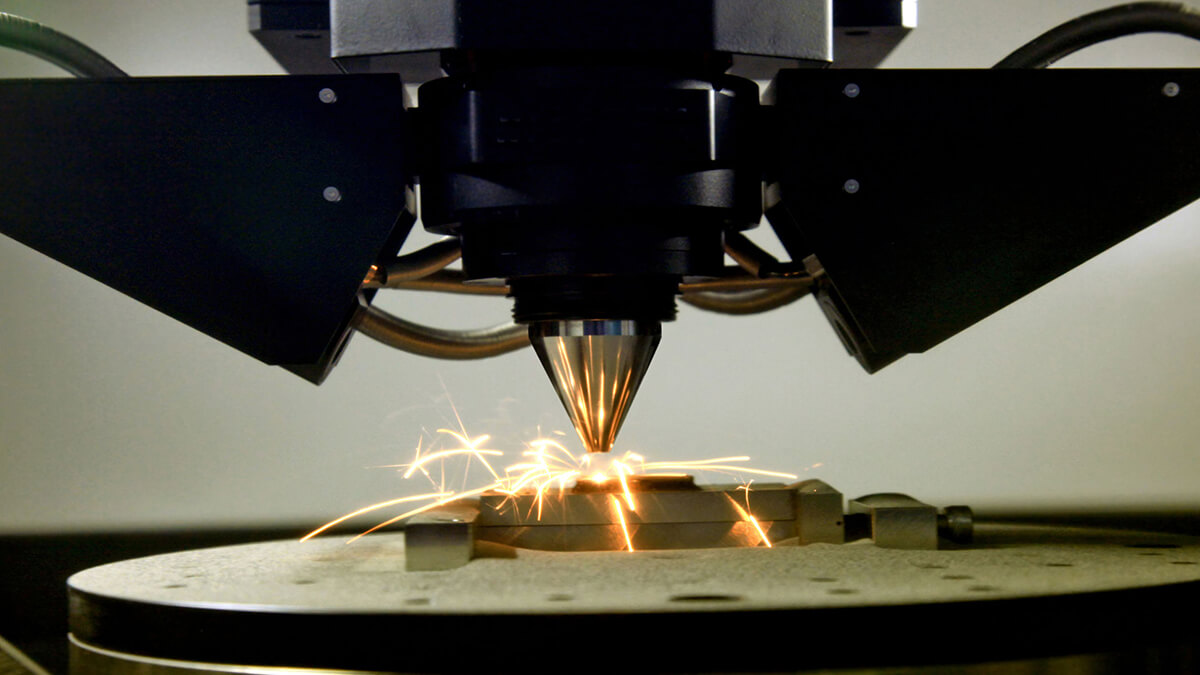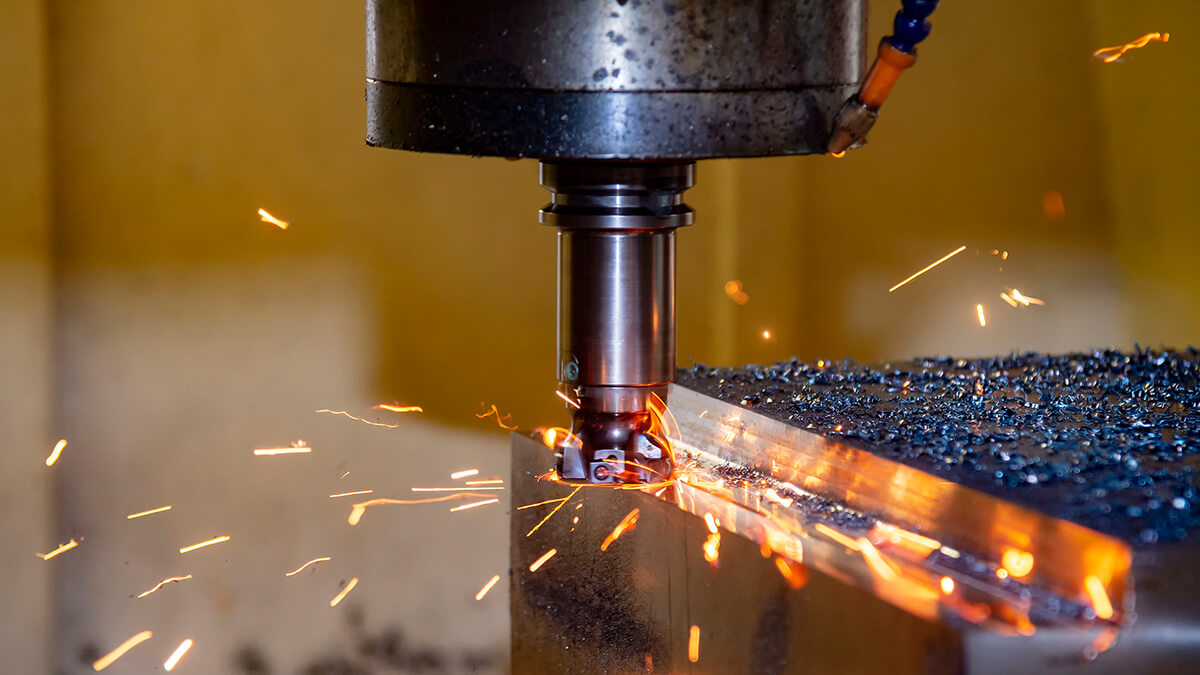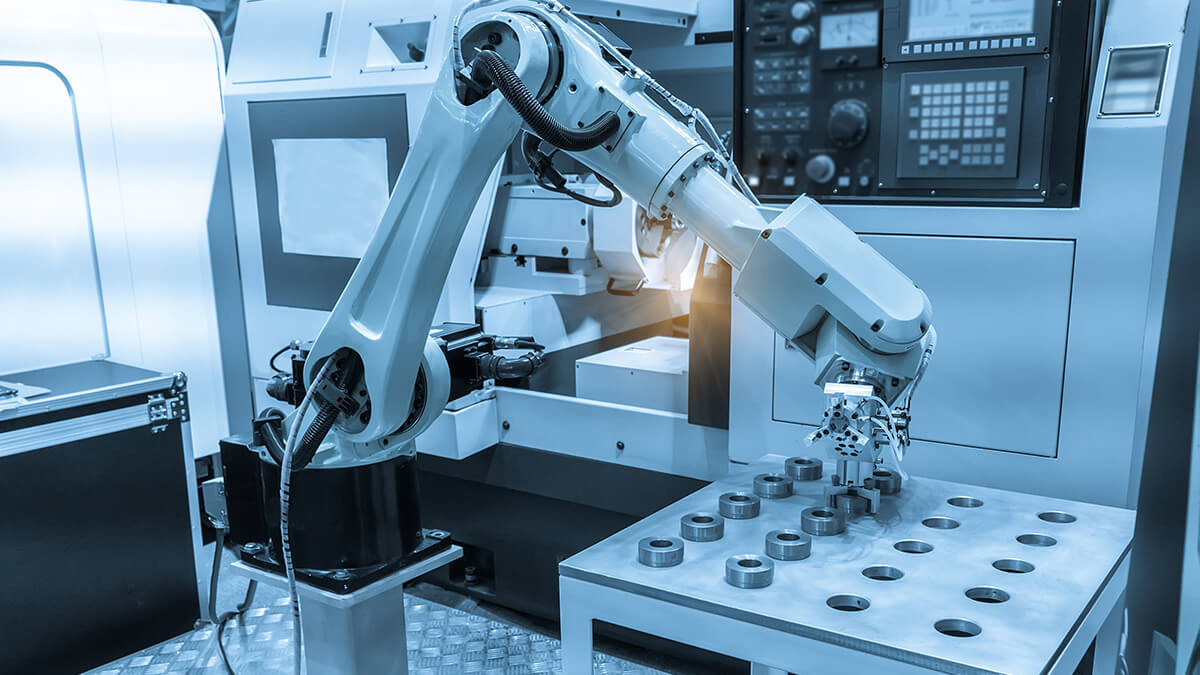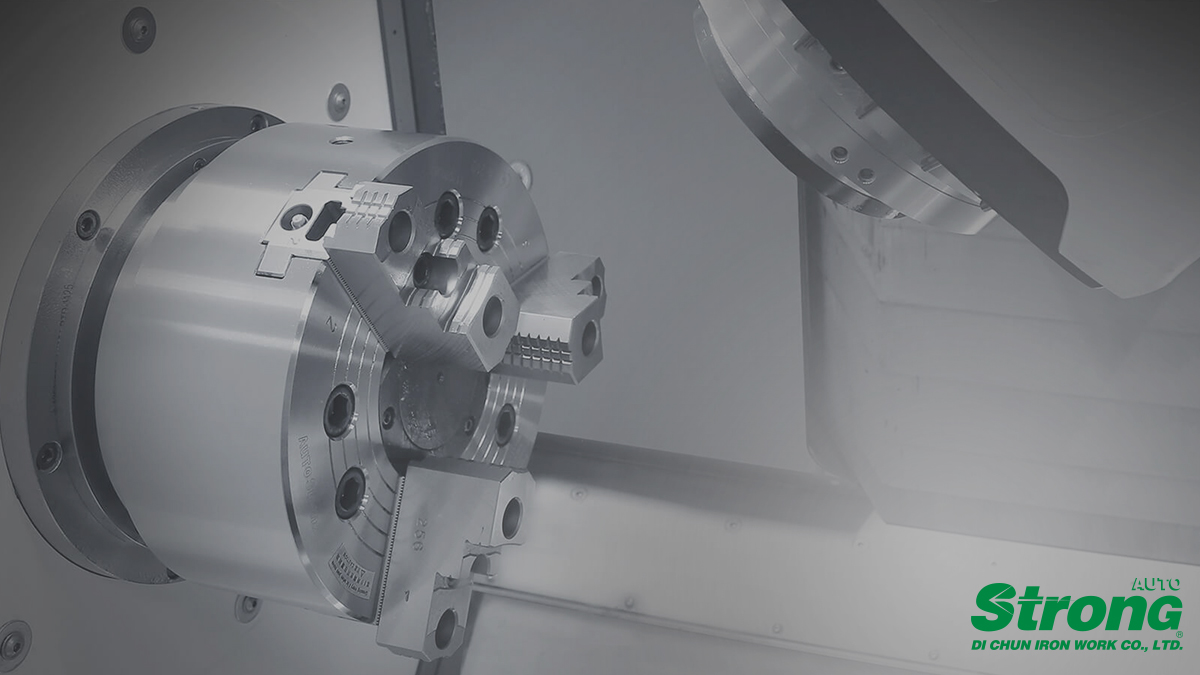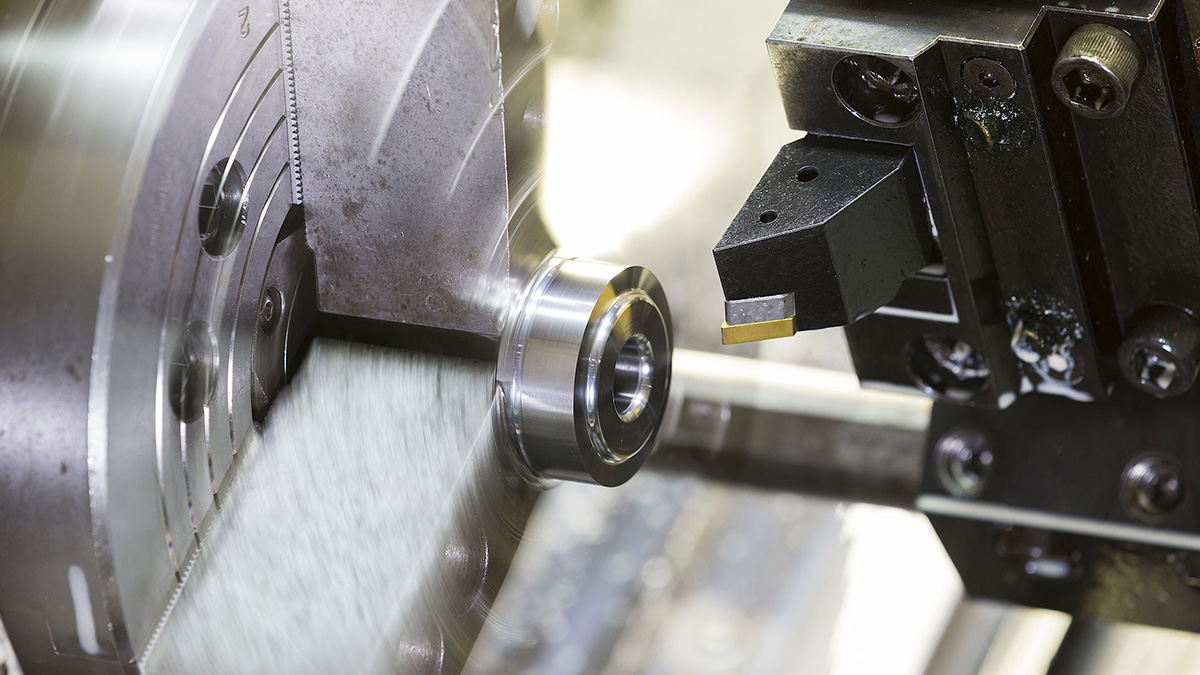- Showing results for
- Manufacturing Technology
According to each exhibition of EMO Hannover, it can be observed that smart production will be the future of the industry, and smart manufacturing will drive the improvement of industrial technology and effectiveness, which will be another turning point for industrial development.
2020-03-23 14:34:59
The lathe is the earliest working mother machine. Most of the circular parts are processed to make longitudinal or horizontal movements, and the rotating workpiece fixed on the chuck is cut to change its appearance and shape, making it a practical product.
2020-05-13 15:33:09
Flexible production refers to relying on highly flexible manufacturing equipment mainly based on computer numerical control machine tools to realize multi-variety and small-batch production methods. Committed to the goal of zero switching costs, and reduce this waste as much as possible; then the capacity can be adjusted to make it consistent with the market demand capacity.
2020-06-02 09:50:19
Lean production emphasizes customer-oriented, waste elimination, and continuous improvement as the core, and obtains the maximum benefit with the least input cost.
2020-06-19 09:25:16
Discrete manufacturing is an industry term for the manufacturing of finished products that are distinct items capable of being easily counted, touched, or seen. Discrete manufacturing involves parts and systems like nuts and bolts, brackets, wires, assemblies, and individual products.
2020-06-19 11:40:47
Advanced manufacturing is the use of innovative technologies to improve products or production processes. Related technologies are called "advanced", "innovative" or "frontier". Advanced manufacturing technology is gradually maturing, integrating innovative technology into products and manufacturing processes to enhance competitiveness and increase value.
2020-06-30 10:28:05
Additive manufacturing is playing an increasingly important role in the manufacturing industry and is mainly used in toolmaking and prototype construction.
2020-07-03 11:37:37
Refers to products made by simple processing or the primary processing of raw materials. In machinery, rough-processed products generally refer to products that efficiently remove most of the remaining amount and make the benchmark for subsequent processing.
2020-07-07 17:03:07
Green Manufacturing, also known as environmentally conscious manufacturing, is a manufacturing model that considers environmental impact and benefits.
2020-07-23 11:27:40
In 2020, Taiwan's machinery industry will first stabilize its foundation and upgrade its technology, and gradually expand the demand for intelligence at home and abroad. In the future, it is expected to increase the market for smart machinery and smart manufacturing, and accelerate the realization of its vision of two trillion yuan in output value by 2025.
2020-07-24 09:26:07
Vietnam is one of the countries in Asia and the ASEAN that is most actively promoting regional economic integration. So far, it has passed and implemented 10 bilateral trade agreements, including ASEAN and Japan, South Korea, Chile, and the Eurasian Economic Union.
2020-07-31 13:47:05
Russia is one of the four BRIC countries. The reason why Russia is listed as the BRIC is that Russia has a wealth of raw materials. Russia is easy to stand firm in the development of industrial production based on a balanced defense manufacturing industry foundation pace. But also because of Russia's abundance of raw materials, its export industry projects are too focused on fuel and energy products.
2020-10-28 10:58:34
Today we are going to learn more about "under one roof" in manufacturing. All disciplines are under one roof, which brings several advantages.
2020-10-28 13:54:54
The world is poised to change forever with the implementation of fifth-generation connectivity for data networks across the world. 5G has been promised to be the savior to any connectivity problems we've had in the past and it's also been highlighted as a path towards a fully wireless future.
2020-11-03 15:48:03
With the constant development of modern technology, the power output of equipment, such as internal combustion engines and motors is getting stronger and stronger. To attain the full efficiency of these power sources, reducers are incorporated.
2021-05-20 16:46:14
Plastic granulation technology is mainly used in plastic product manufacturing and resource recycling to make various plastic products or plastic raw materials, and has both environmental and economic benefits.
2021-08-12 13:14:53
Since Germany called out "Industry 4.0", the related issues have quickly fermented around the world. U.S. government immediately put forward the "Advanced Manufacturing Partnership Program (AMP)" focusing on emerging technologies that can be quickly commercialized. Government R&D facilities are shared to promote industry one-stop collaborative R&D capabilities, reducing the risks of commercialization.
2021-08-26 21:04:21
Improving production efficiency is the foundation for the manufacturing industry to gain a firm foothold. The manufacturing industry achieves smart operations by introducing AI applications, automatically identifying abnormalities, or making adjustment suggestions, and assisting companies in achieving more accurate adjustments to machines and upgrading equipment. During the process, the traditional manufacturers are transformed into the smart manufacturers.
2021-09-22 10:20:56
The principle of grinding precision machining: Grinding is an abrasive precision machining method that uses a lapping tool and abrasive to grind off a thin layer of metal from the surface of the workpiece based on fine machining.
2021-09-28 23:19:44
Nanotechnology refers to the measurement, simulation, manipulation, and production of materials less than 100 nanometers in size.
2022-01-04 16:24:49
Agree

